The world of politics in 2025 is experiencing dynamic shifts, with major elections, geopolitical tensions, and policy changes influencing the global landscape. As nations navigate economic recovery, security concerns, and diplomatic relations, political leaders are making critical decisions that will shape the future. From the United States’ presidential election to growing tensions between global superpowers, this article explores the most pressing political developments of the year.
The United States: A Crucial Election Year
One of the most anticipated political events of 2025 is the U.S. presidential election. The race has seen intense debates on key issues such as economic policies, healthcare, immigration, and foreign relations. The Biden administration, facing challenges from opposition parties, has focused on economic recovery, climate policies, and international diplomacy. Meanwhile, rival candidates are campaigning on promises of tax reforms, border security, and changes in trade agreements.
Voter turnout is expected to play a decisive role in the election outcome. With concerns over inflation, unemployment, and social policies, American citizens are closely following candidate platforms. The election results will not only impact domestic policies but also shape the U.S.’s position on global issues, including NATO alliances, relations with China, and climate agreements.
Europe: Political Transitions and Economic Concerns
Europe is undergoing significant political transitions, with elections in key nations and growing debates over economic strategies. Germany and France, two of the European Union’s most influential nations, are facing leadership changes that could shift policies on defense, energy, and immigration.
The European Union is also dealing with internal divisions, particularly on climate regulations, trade policies, and the handling of migration. The rise of nationalist movements in several countries has added pressure on the EU’s leadership, as calls for stricter border controls and economic sovereignty grow. Meanwhile, post-Brexit challenges continue to impact the United Kingdom, with discussions on trade agreements and foreign policies dominating the political scene.
China and the United States: Rising Tensions
The geopolitical rivalry between China and the United States remains a central issue in global politics. Trade disputes, military strategies, and technological competition are key areas of conflict. The Biden administration has maintained strong trade restrictions on China, citing security concerns over technology exports and market fairness. Meanwhile, China is expanding its global influence through economic partnerships in Africa, Latin America, and Southeast Asia.
Taiwan continues to be a flashpoint in U.S.-China relations. With China increasing its military presence in the Taiwan Strait, the U.S. and its allies have reinforced their commitment to supporting Taiwan’s sovereignty. idtoto4d to ease tensions have been ongoing, but the risk of conflict remains a major concern for the international community.
The Middle East: Shifting Alliances and Security Challenges
Political dynamics in the Middle East are evolving, with countries focusing on economic diversification and regional security. Saudi Arabia and the United Arab Emirates are investing heavily in technology, renewable energy, and tourism to reduce dependence on oil. At the same time, Iran’s nuclear program remains a key issue, with international negotiations attempting to prevent further escalation.
Israel’s relations with its Arab neighbors have seen progress through diplomatic initiatives, though tensions with Palestine continue to spark conflicts. Meanwhile, conflicts in Syria and Yemen remain unresolved, with international organizations working toward peace agreements. The Middle East’s political future will depend on how nations manage economic growth, diplomatic relations, and security threats.
Climate Policies and Global Cooperation
Climate change continues to be a top priority for governments worldwide. In 2025, international efforts to combat global warming have led to new agreements focused on carbon reduction, renewable energy, and environmental sustainability. Countries are facing pressure to meet emissions targets set in global climate accords, but economic challenges and political resistance have slowed progress in some regions.
The shift toward green energy has also sparked debates on economic policies, as nations balance the need for sustainability with job creation and industrial growth. Developing countries are calling for more financial support from wealthier nations to transition to clean energy sources, making climate financing a critical topic in global negotiations.
The Future of Global Politics
As 2025 unfolds, political decisions made today will shape the world for years to come. The outcomes of major elections, trade policies, and diplomatic negotiations will determine global stability and economic progress. With challenges such as geopolitical rivalries, economic uncertainty, and climate change, world leaders must navigate complex political landscapes to ensure a more secure and prosperous future.
The coming months will reveal how these issues unfold, influencing global alliances, economic trends, and international policies. Whether through elections, diplomatic agreements, or policy shifts, 2025 is proving to be a pivotal year in global politics.
Global Political Shifts in 2025: Key Issues Shaping the World
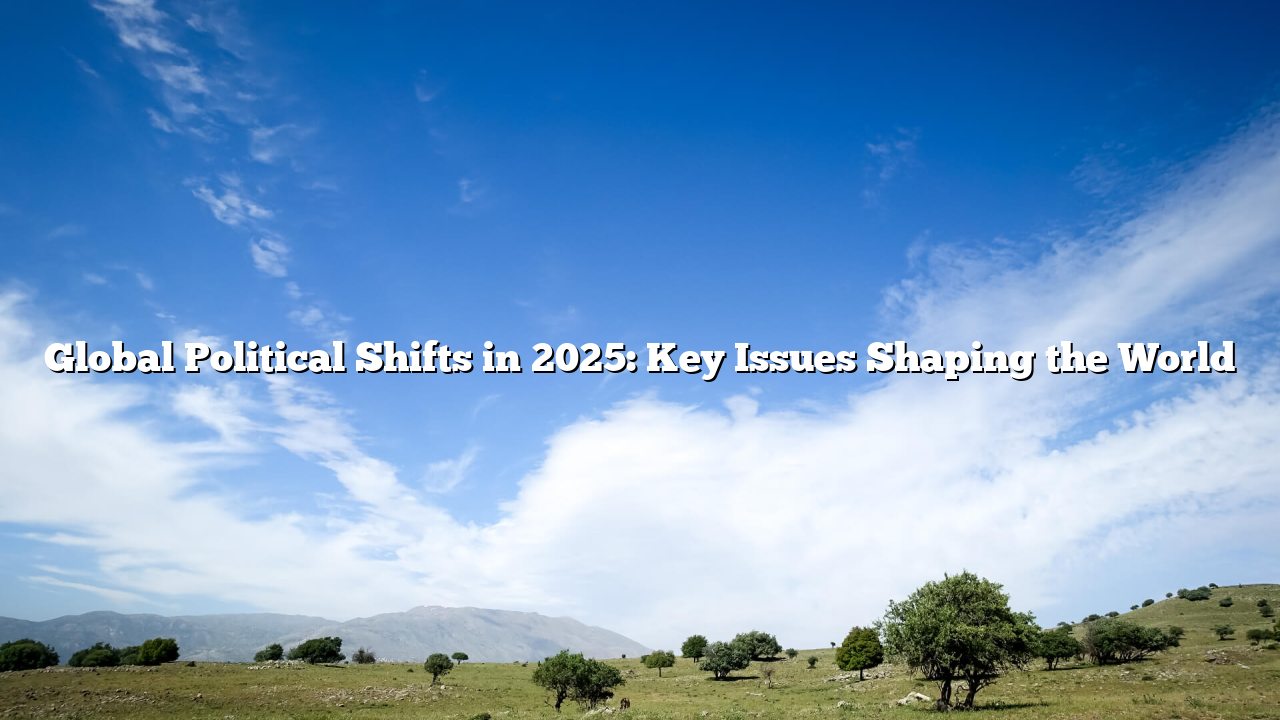

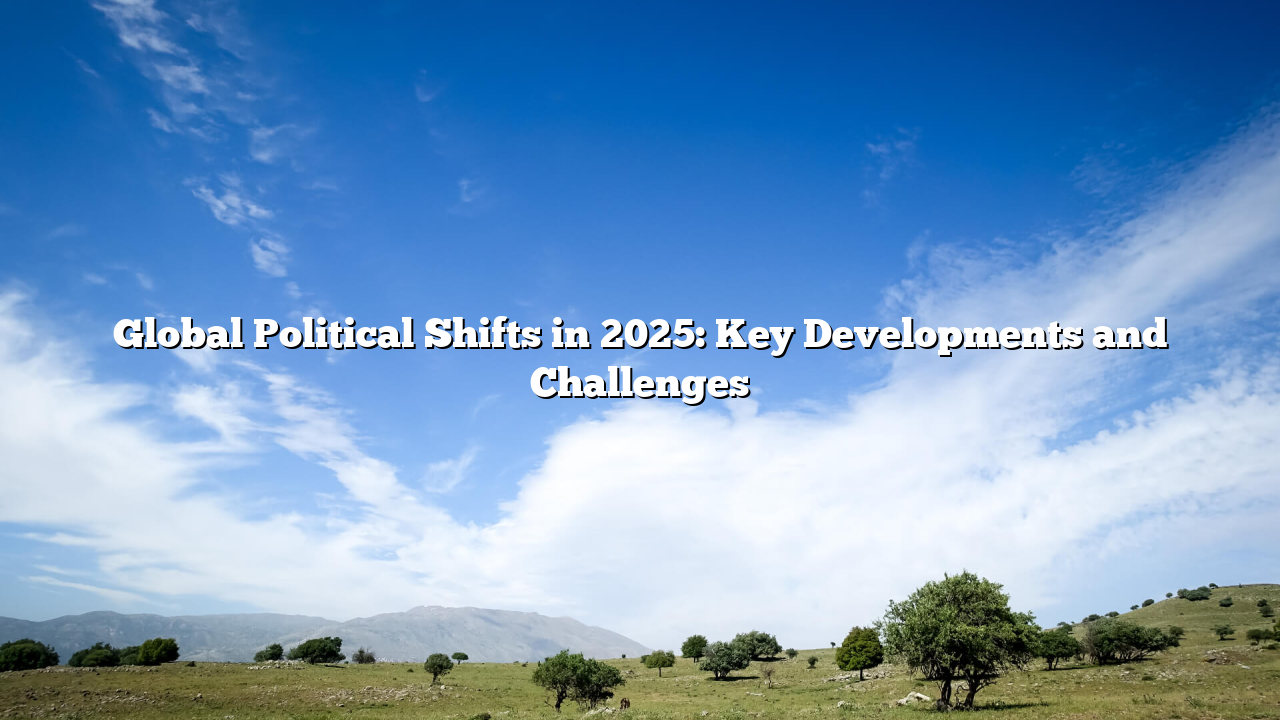

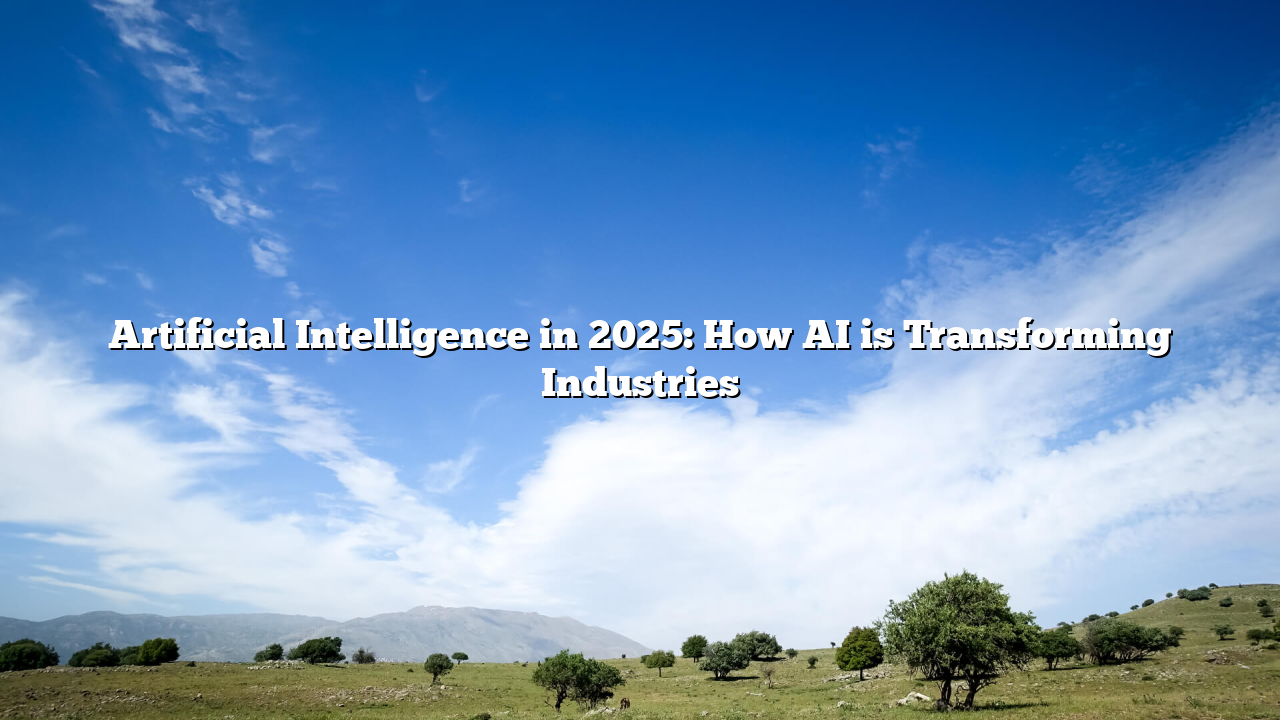
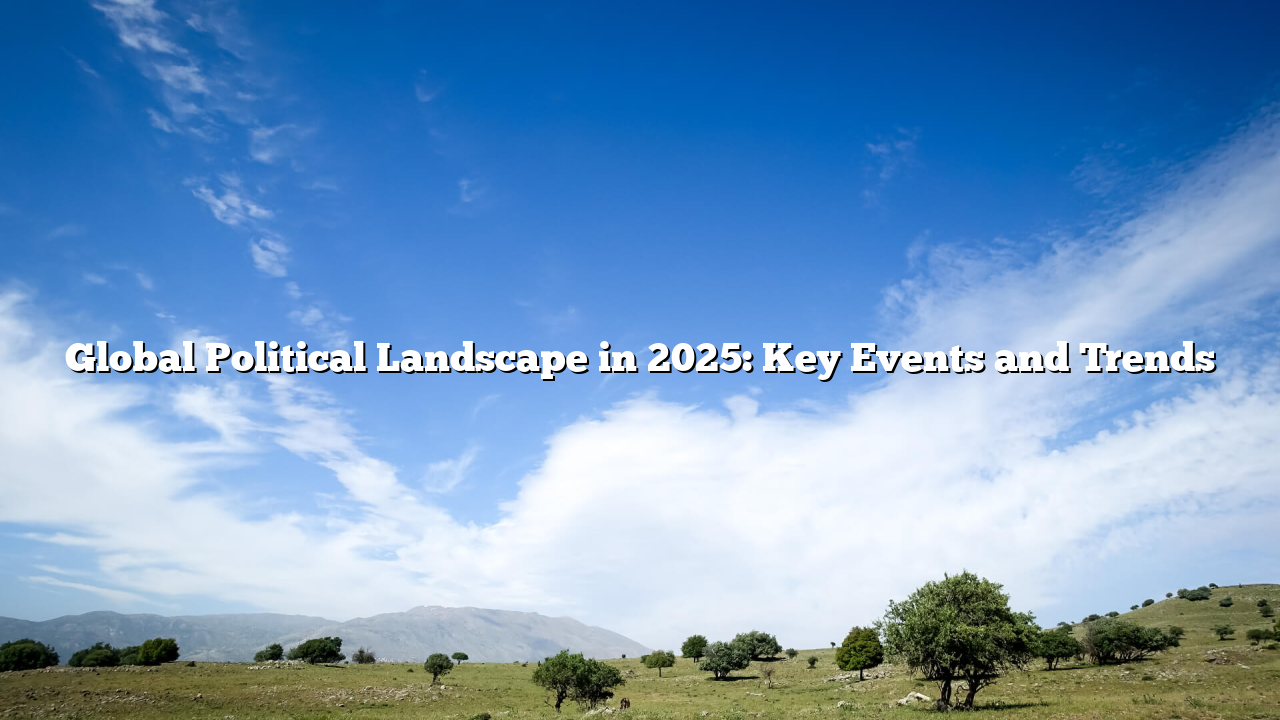
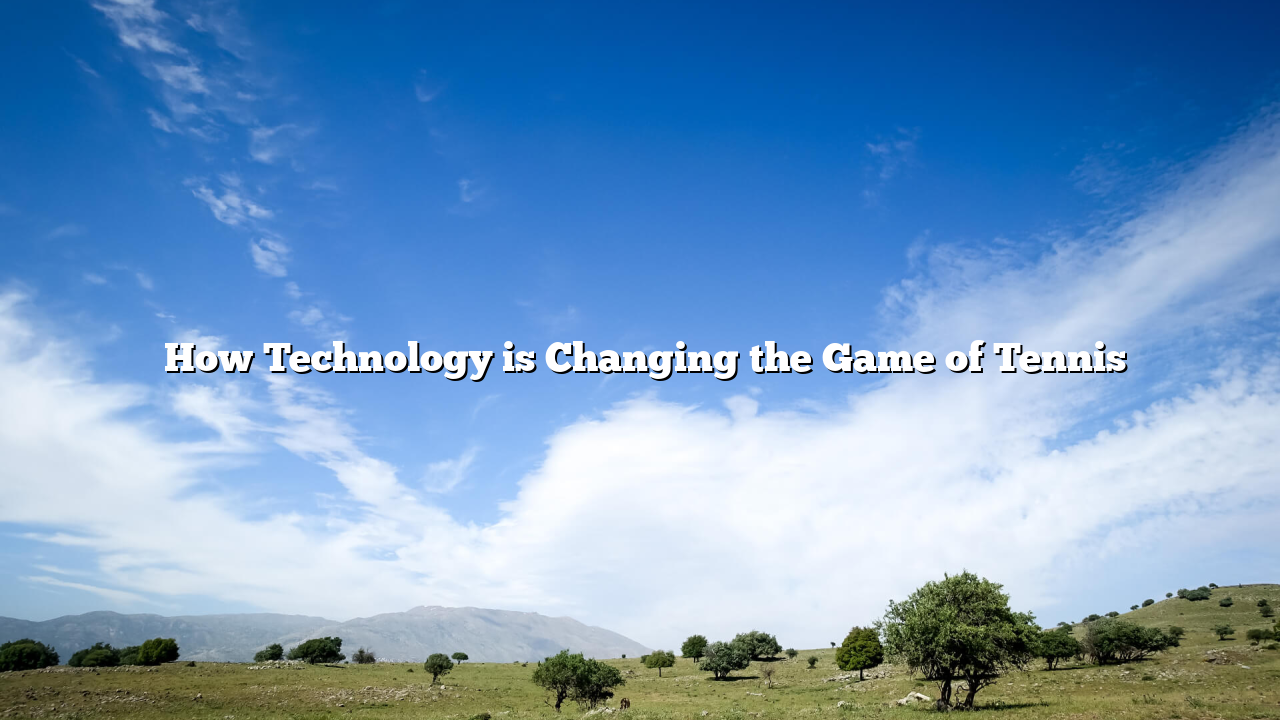


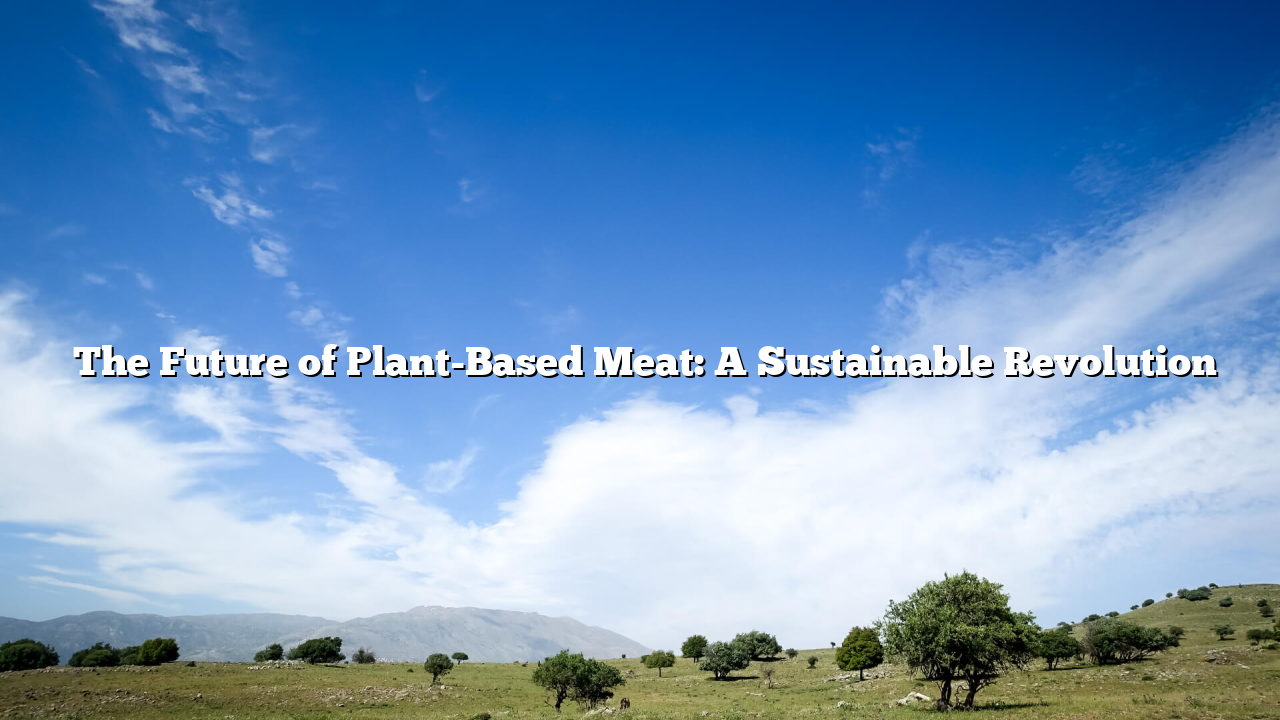
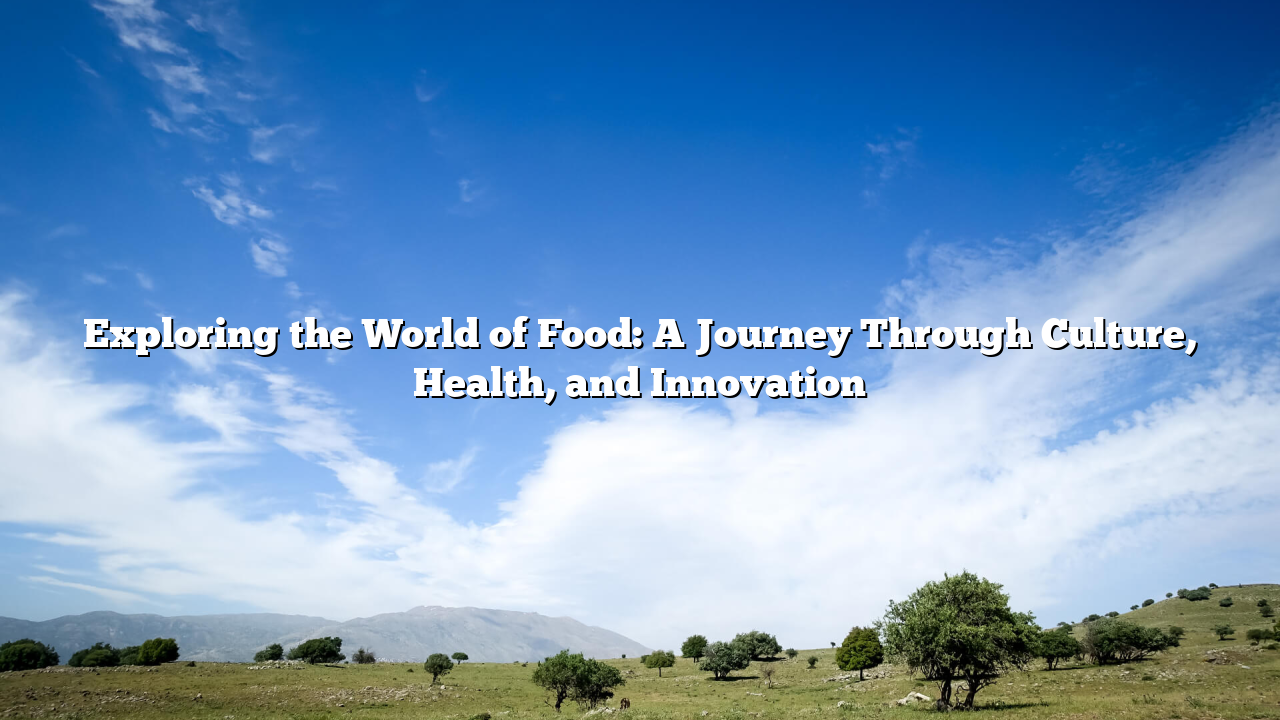
Leave a Reply